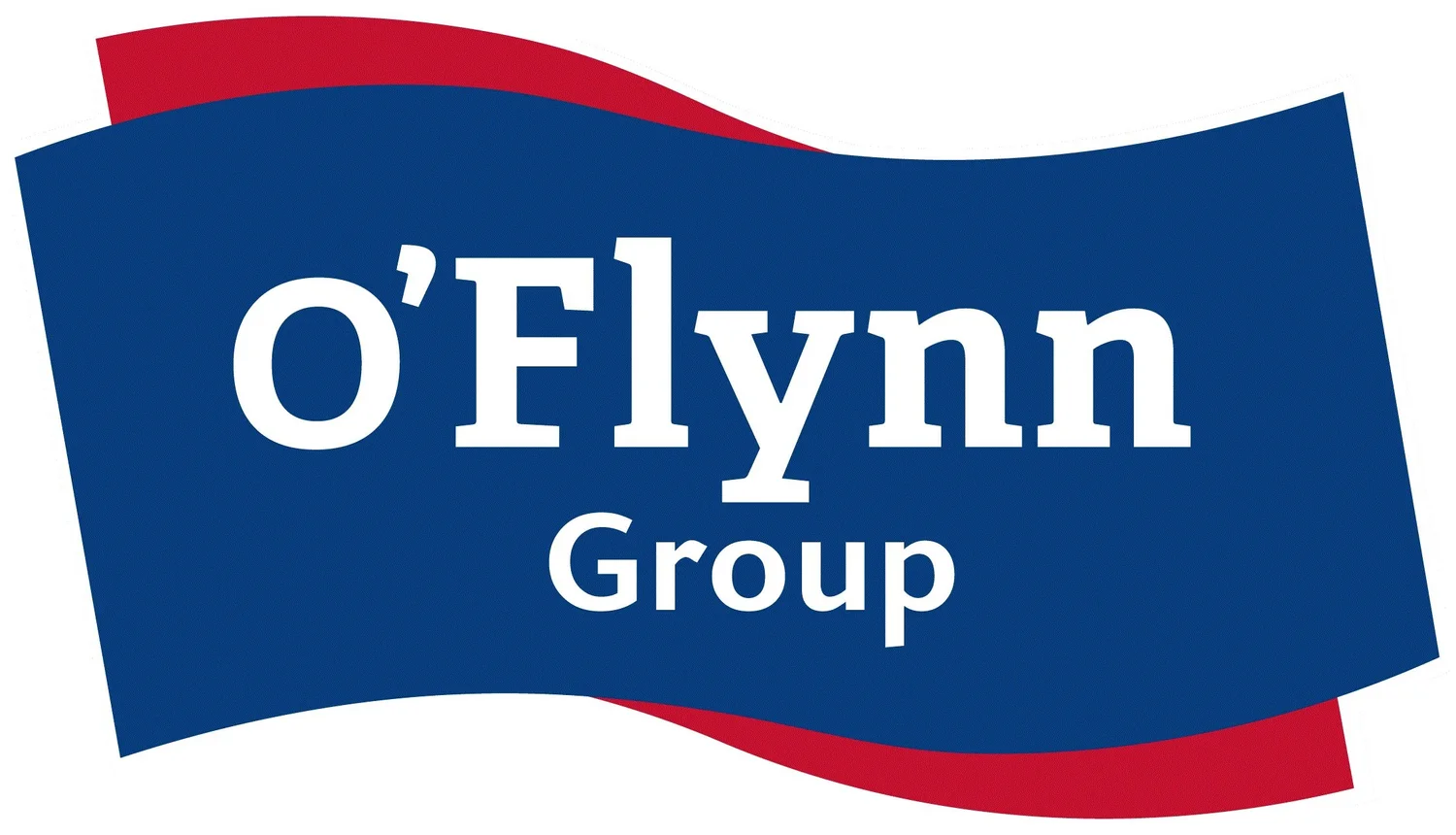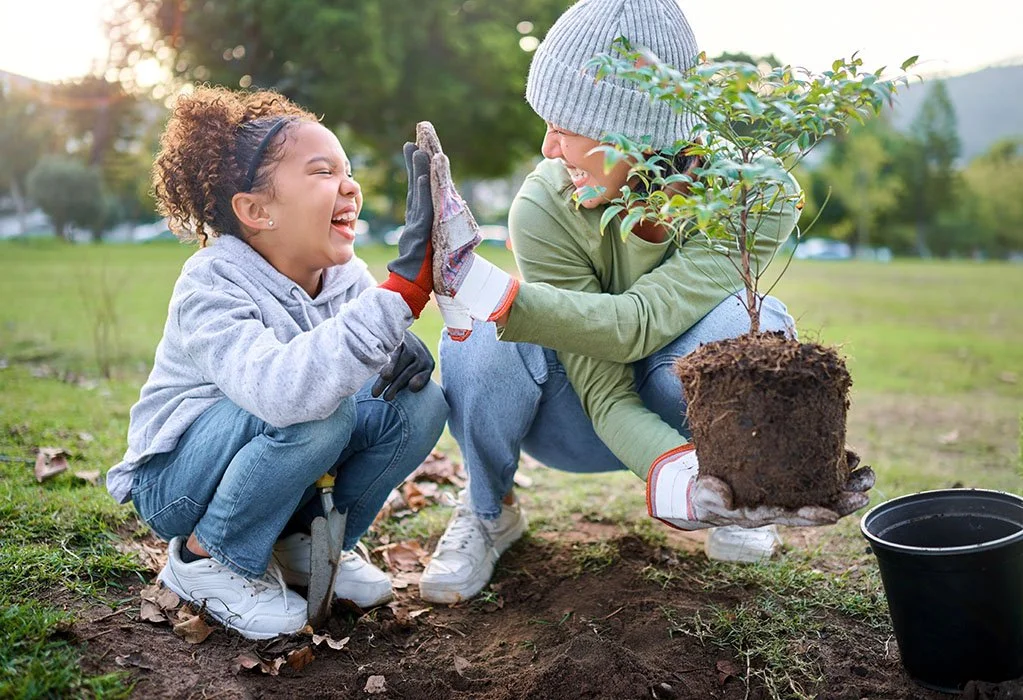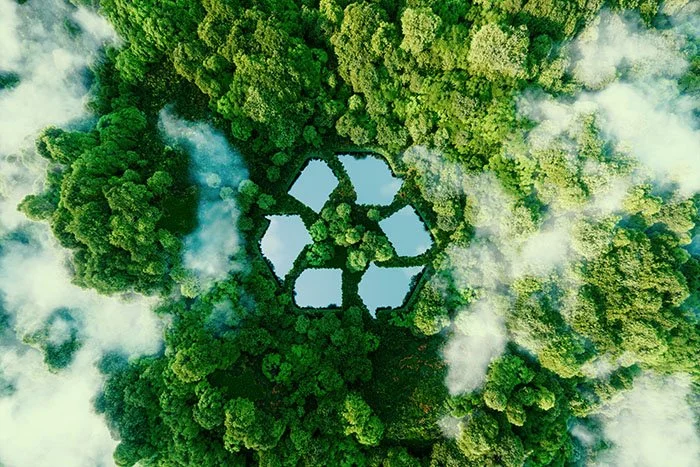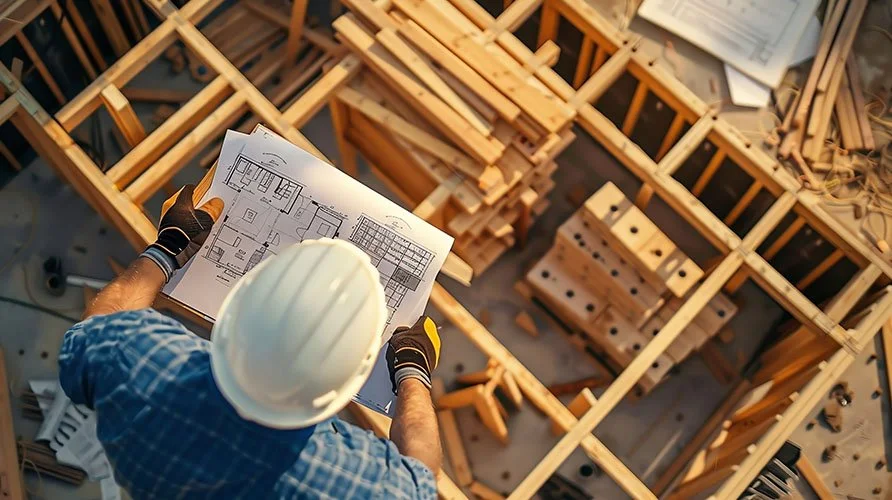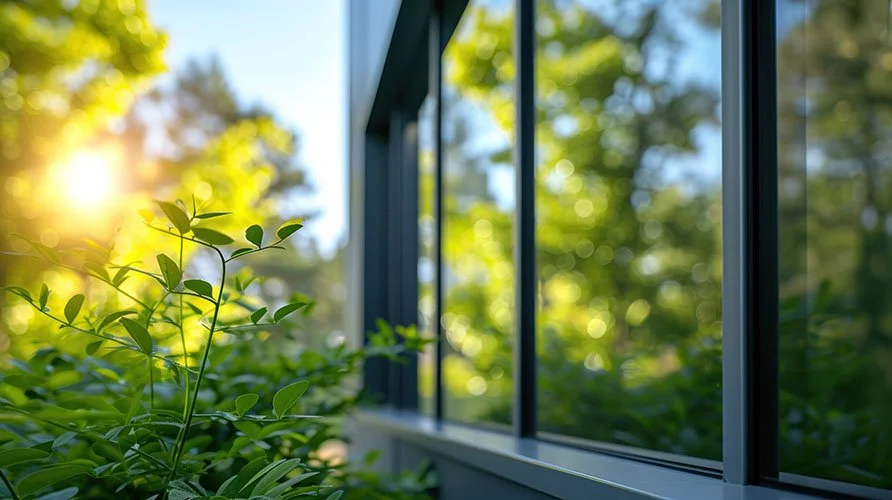
Having a positive impact on sustainability and diversity
Our World
We take our responsibility seriously by following best practices, working with local suppliers and partners, and adopting innovative technologies and materials.
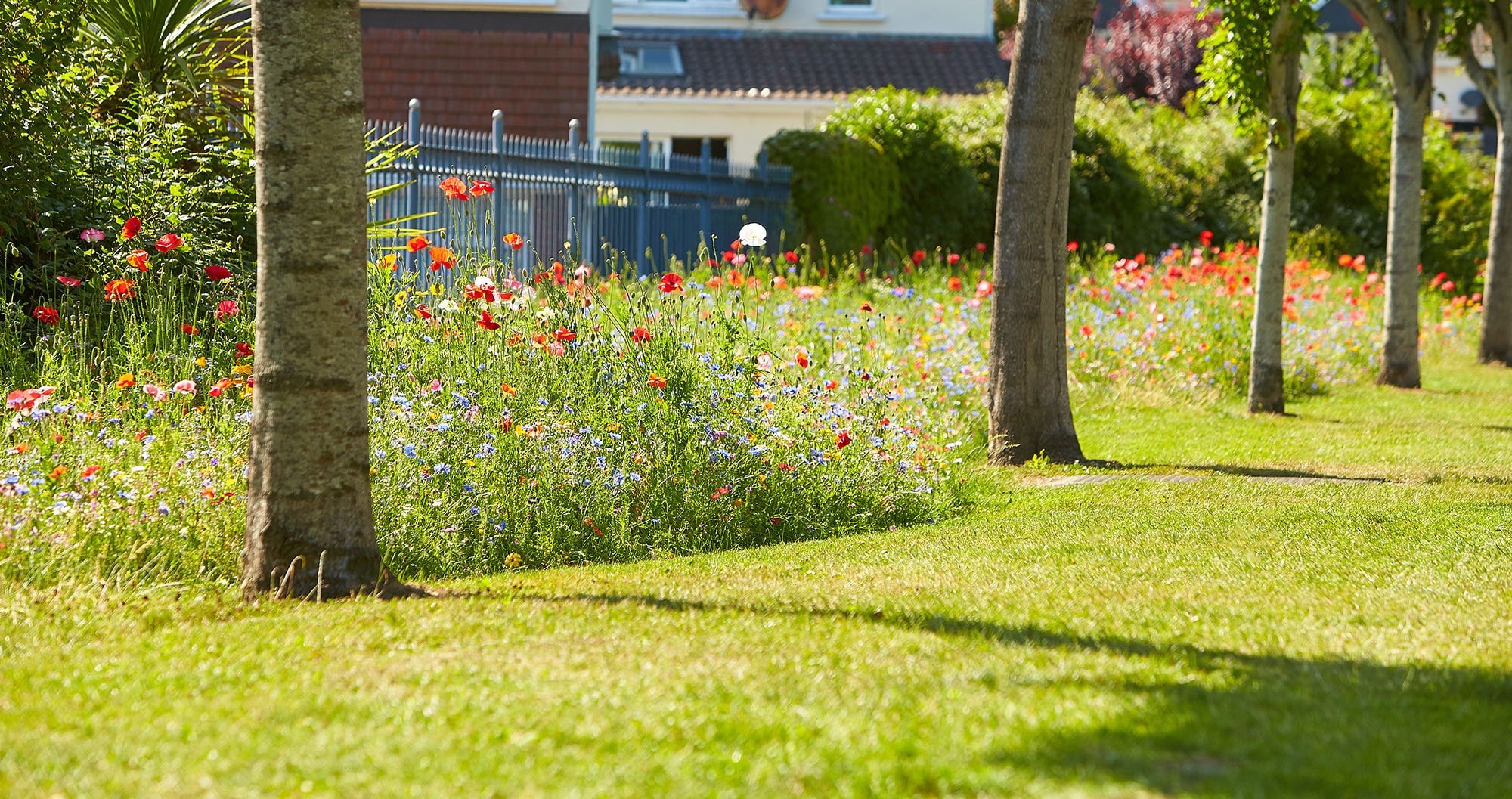
Our approach to
The O'Flynn Group is committed to sustainability in its construction practices. A key component of this commitment is the company's aim to achieve Green Building Certification, construct high energy performance buildings and use of high-quality materials in our developments. The O’Flynn Group has built our reputation on this high-quality approach.

How we support sustainability
Using renewable and recyclable materials
Reducing the embodied energy in building materials
Reducing the energy consumption of the finished building
Protecting the natural habitats during and after the construction phase
Creating a long-term strategy that considers sustainability in every process from start to finish
Sourcing materials ethically and locally
Ensuring safe work practices and fair processes are in place with our building team, subcontractors and suppliers
Low Carbon Pledge signatory committing to setting science-based targets (SBTs)
Transition sites to renewable fuel. Hydrotreated Vegetable Oil (HVO) trials
Transition fleet to EV. Electrification of site machinery
CDP ratings
Renewable electricity in developments (e.g. solar)
Reduction in fuel and electricity used
Work with suppliers and sub-contractors to reduce their emissions and consumption of non-renewables
Reducing on-site waste
By aiming for Green Building Certification and implementing these sustainability measures, the O'Flynn Group demonstrates its commitment to creating high-quality, long-lasting, and environmentally responsible buildings.
Biodiversity in our communities
We recognise the importance of biodiversity and its role in sustainable development. As a long-standing supporter of the Irish Green Building Council, we strongly support their Community of Practice initiative in 2023 specifically for building professionals and property managers working on biodiversity and the built environment in Ireland. This network provides a forum for industry leaders to share information, discuss challenges, and learn from each other.
O’Flynn Group is taking action in the following ways:
Making efforts to achieve Biodiversity Net Gain (BNG) on developments
Supporting the All-Ireland Pollinator Plan (and becoming a Pollinator Friendly business).
Providing nesting facilities (partnership with Birdwatch Ireland)
Pre-commencement biodiversity assessment
Including pollinator-friendly mixes of perennials and flowering shrubs in all front gardens
Planting native trees in open spaces and private gardens
Using mixed bulb drifts of pollinator-friendly plants
Gifting pollinator-friendly bulbs to every new homeowner
Tree planting across Ireland

Sustainability in action
Our commitment to sustainability is demonstrated through our specific targets, which may include:
Green Building Certification
We aim to achieve Green Building Certification, ensuring our buildings meet the highest standards of energy efficiency and environmental friendliness.
Zero Emissions Building
Our goal is to construct buildings with no emissions of NOX and CO2, completely eliminating the use of gas and instead relying on clean energy sources.
Water Conservation
We are dedicated to reducing water consumption to less than 110 litres per person per day, using water fittings with low water consumption.
Waste Management
We strive to divert at least 70% of waste generated from our projects away from landfills, emphasizing recycling and responsible waste disposal.
NZEB -10%
By aiming for Nearly Zero-Energy Building standards and further reducing energy consumption by 10%, we are setting a new benchmark for sustainable building design.
Whole Life Carbon
We focus on using timber frame construction to minimise the whole life carbon impact, with an embodied carbon value of 432 kgCO2eq/m2 for stages A1-A5 (7.20 kgCO2/m2/year).
